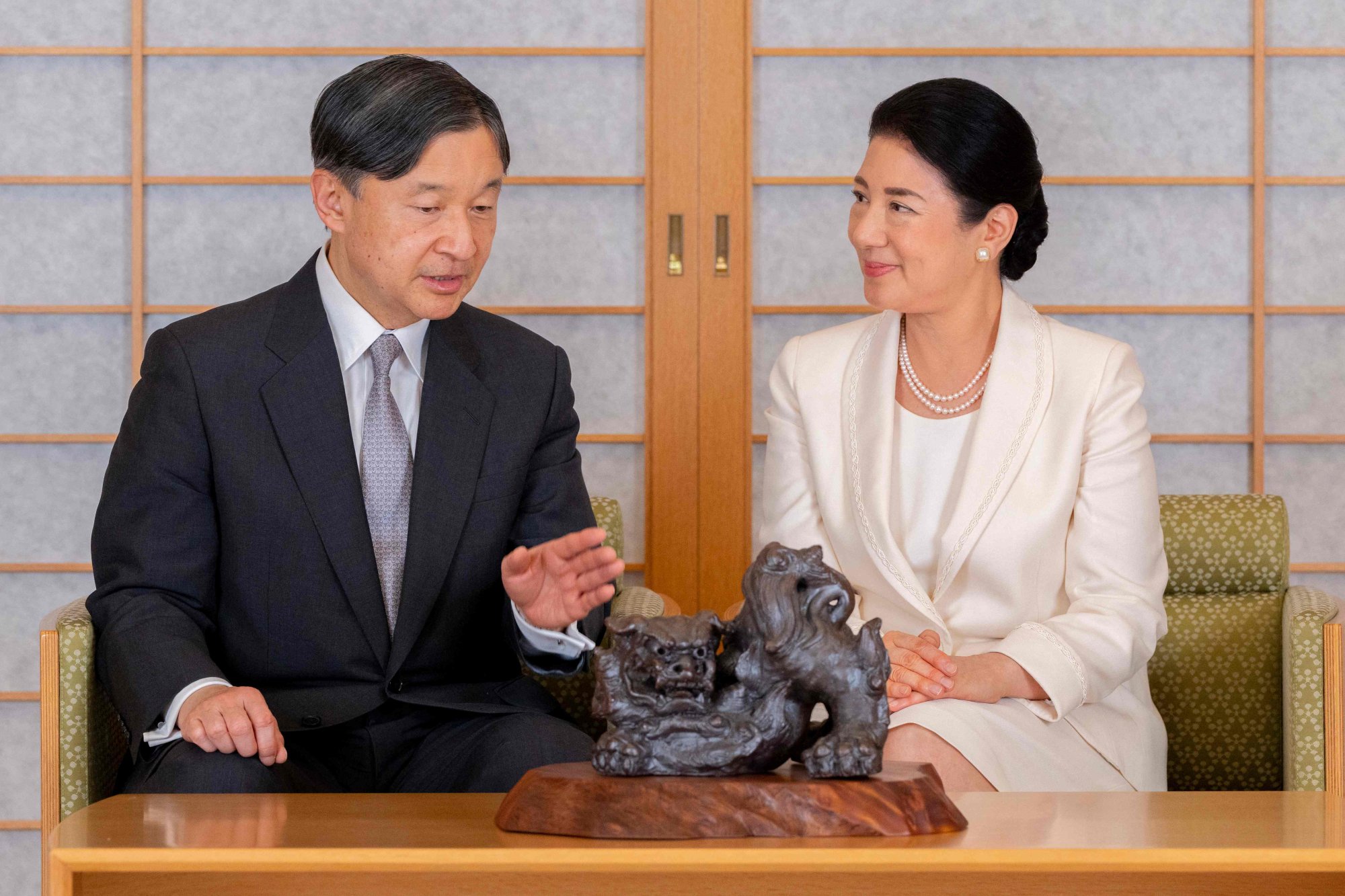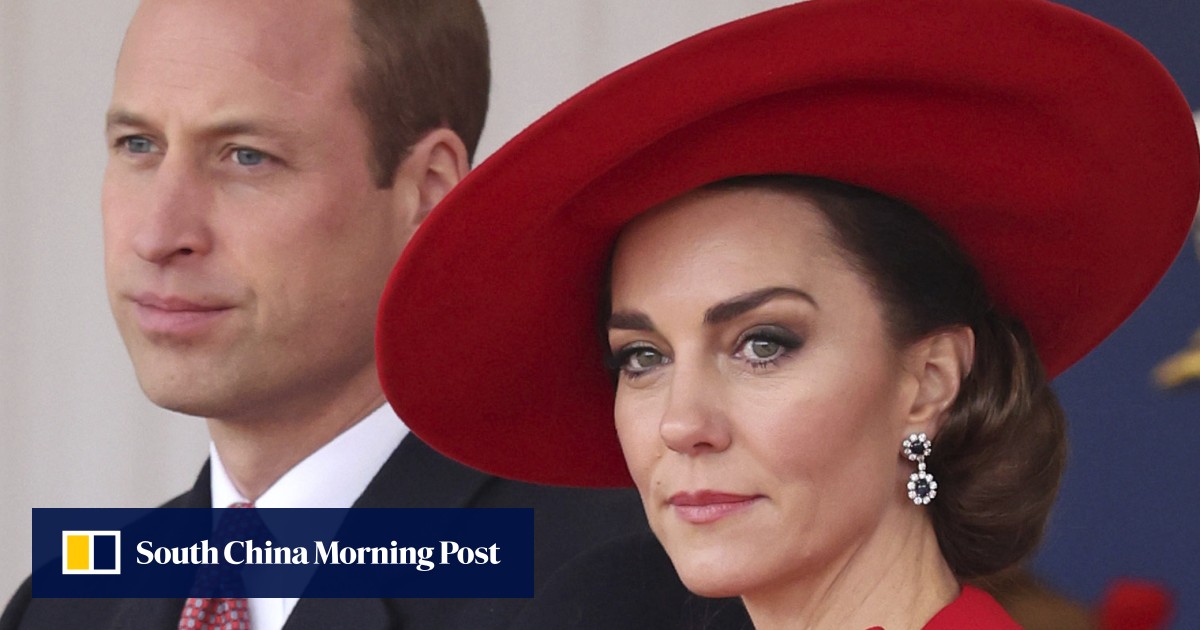“I think the palace learned a lot from that experience,” said Garren Mulloy, a British professor of international relations at Daito Bunka University in Tokyo.
“The story was so unusual and had so many elements that just kept the story going for the tabloids that it became like a 12-part television drama,” he told This Week in Asia.
Japan’s Princess Mako finally marries university sweetheart Kei Komuro
Japan’s Princess Mako finally marries university sweetheart Kei Komuro
In the weeks before the Princess of Wales announced her diagnosis, conspiracy theories had run wild about her disappearance from the public eye since she entered hospital in January for abdominal surgery. Online claims about her condition ranged from the princess being terminally ill to a body double appearing in her place.
The Imperial Household Agency appears to hope that a carefully curated social media presence would enable the monarchy to release information on its timetable and get ahead of any bad news before it becomes fodder for scandal seekers.

“I think the agency wants to have some sort of agency over social media coverage of the imperial family, rather than leaving it to the conspiracy theorists and the lunatics who populate these platforms,” Mulloy said. “They want to be able to shape the narratives before the speculation starts.”
Focusing on a single platform is a smart move, Mulloy said, since Instagram allows comments to be turned off in posts. X, formerly known as Twitter, would have been a far more difficult social media platform for them to use, he added.
“Instagram is also good and shows that the agency has wised up to the fact that a vast majority of young Japanese no longer watch television or read a newspaper,” he said. “The imperial family’s core base of support, just as in the UK, is relatively older Japanese so the agency is concerned about the increasing sense of disconnect between Japan’s royals and its young people.”
The agency is concerned about the increasing sense of disconnect between Japan’s royals and its young people
Makoto Watanabe, a professor of communications at Hokkaido Bunkyo University in Eniwa, Hokkaido, agrees that a well-managed social media presence is likely to be a positive development for the imperial family.
“For decades, in effect since the end of the war, they have been trying to show how the imperial family is a key part of the nation and our society so this is another way of communicating with people and getting that message across,” he said.
Watanabe expects the “carefully controlled” account to prevent people from commenting on the imperial agency’s photo and video posts. “It is important they do that because failing to do so would just give anti-monarchists or those on the far left a place to post their complaints.”

Such control could also help the Japanese royal family shield its account from being used as a platform by other nationals to criticise Tokyo’s policies.
Watanabe said he hoped the British royal family’s recent unsavoury online experience would not be repeated in Japan.
“I just hope that Japanese society is more gentle than other recent cases we have seen and do respect the fact that even the imperial family needs to have a private side.”

